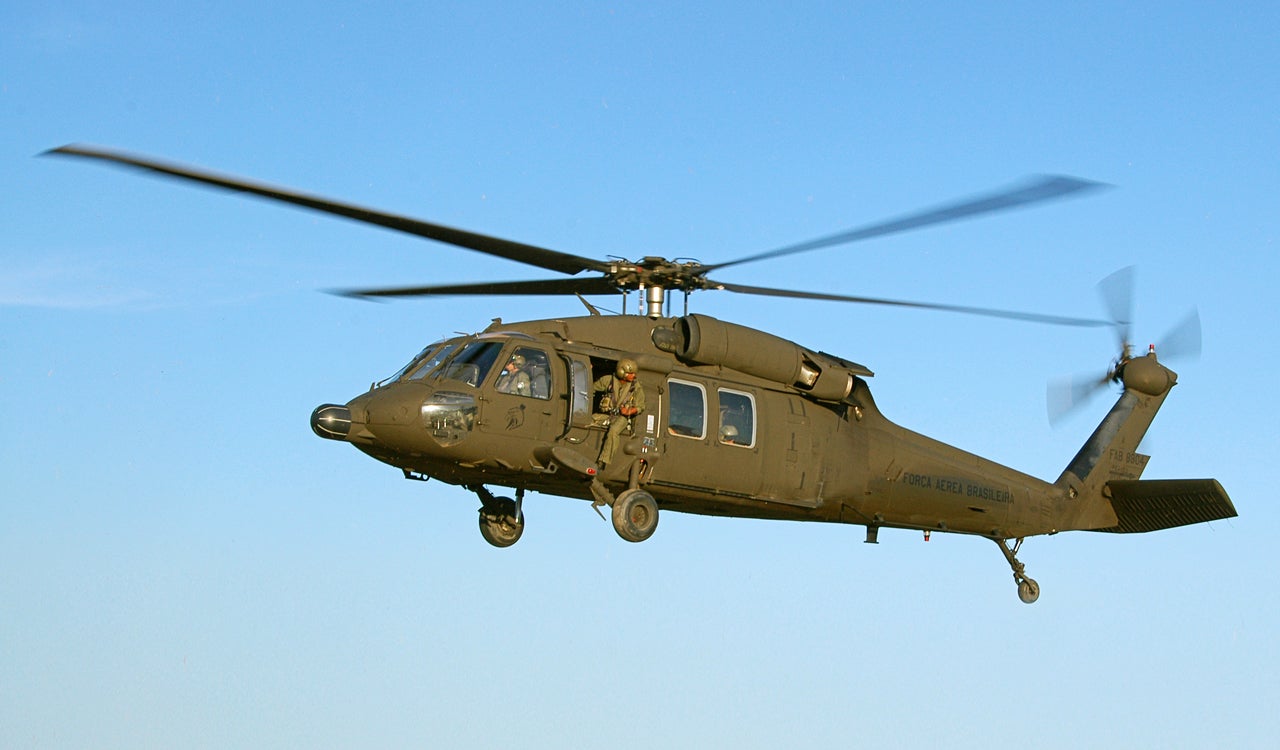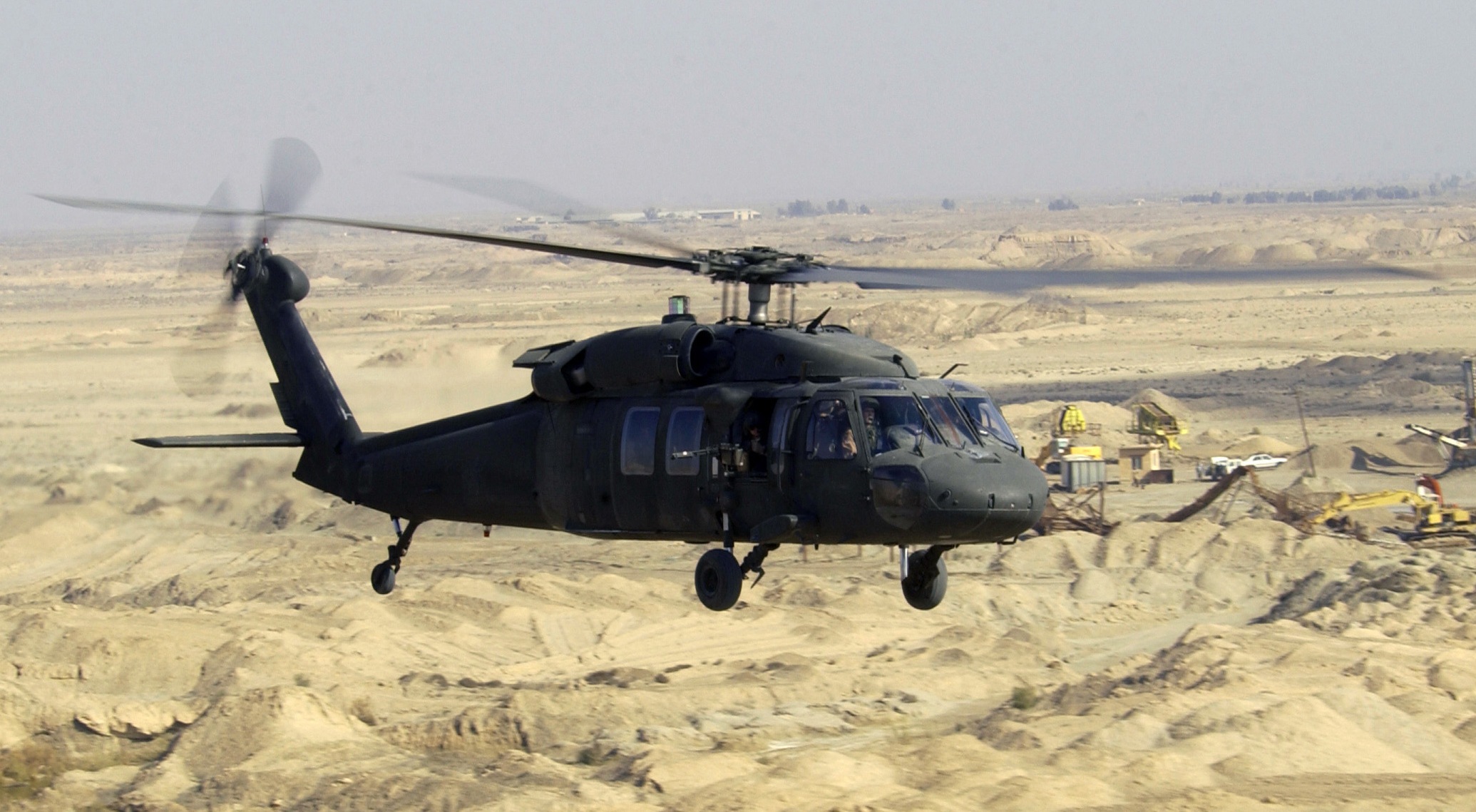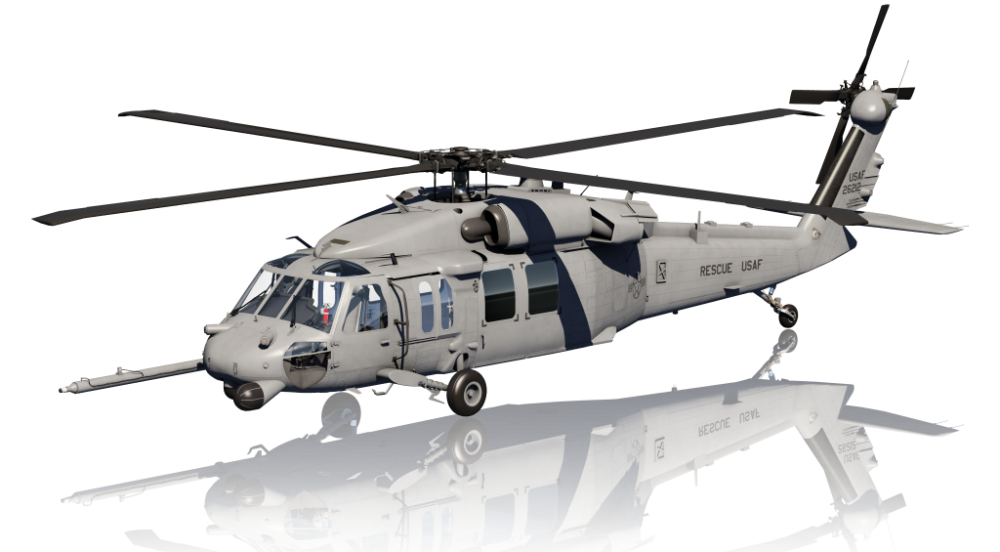UH 60 Black Hawk: Trick Features and Technologies
UH 60 Black Hawk: Trick Features and Technologies
Blog Article
The Impact of Lasting Practices on the Future of Aircraft Workflow and Emissions Decrease
As the aviation sector encounters enhancing analysis over its environmental effect, the adoption of lasting practices arises as a critical path towards future aircraft operations and emissions decrease. Advancements in sustainable air travel fuels and improvements in hybrid propulsion technologies stand at the center of this improvement, promising considerable decreases in greenhouse gas exhausts.

Introduction of Lasting Practices
Lasting methods in airplane operations incorporate a variety of approaches targeted at minimizing environmental impact while preserving operational performance. These techniques are important in the air travel market's dedication to lessening its carbon impact and sticking to global ecological standards. Key campaigns include maximizing flight courses to decrease gas usage, boosting maintenance methods to make certain aircraft operate at peak performance, and applying innovative modern technologies such as winglets and light-weight materials that enhance aerodynamics.

Involving and educating personnel on sustainability practices also play an important function, cultivating a society of environmental responsibility within companies. Generally, the assimilation of these lasting methods not just helps lower discharges but also boosts the long-lasting stability of the aeronautics market, guaranteeing it satisfies the demands of both consumers and governing bodies while contributing to global sustainability goals.
Innovative Fuel Alternatives
Many innovative fuel alternatives are becoming critical services to decrease the aviation sector's dependence on standard fossil fuels. Amongst these options, Lasting Aeronautics Fuels (SAFs) have gotten considerable attention because of their prospective to decrease lifecycle greenhouse gas discharges by up to 80% contrasted to standard jet fuels. SAFs are stemmed from different feedstocks, including waste oils, farming residues, and also algae, making them a functional choice for the market.
An additional promising alternative is hydrogen gas, which, when used in fuel cells, generates only water vapor as a by-product. Furthermore, electrical propulsion systems are being discovered, leveraging battery innovation to power aircraft.
Last but not least, biofuels stemmed from biomass are being investigated, offering a sustainable choice that can be combined with conventional gas. Jointly, these innovative gas choices stand for an essential action towards achieving a sustainable aviation ecosystem, straightening with worldwide discharges decrease targets and boosting the market's ecological stewardship.
Technological Advancements in Air Travel

Just how can technical innovations improve the future of aeronautics? The combination of sophisticated modern technologies is pivotal in changing aircraft operations, improving effectiveness, and lowering discharges. Advancements such as electric and hybrid propulsion systems are at the center, promising considerable decreases in fuel usage and greenhouse gas exhausts. These systems utilize improvements in battery modern technology and power administration, making it possible for aircraft to run with a reduced ecological impact.
Furthermore, the execution of innovative products, such as lightweight compounds, adds to enhanced aerodynamics and fuel performance. Making use of expert system and equipment discovering in flight procedures maximizes path planning and minimizes fuel burn by enabling real-time modifications based on climate and website traffic conditions. Furthermore, the look at this website advancement of autonomous and from another location piloted aircraft systems stands to revolutionize freight and passenger transport, possibly increasing performance while decreasing human mistake.
In addition, sustainable aeronautics innovations, consisting of advanced air web traffic monitoring systems, can lower and improve procedures congestion, resulting in lower exhausts during trip. These innovations collectively represent a standard shift in aeronautics, guaranteeing a future where sustainability and functional effectiveness are intertwined, thus sustaining the sector's dedication to decreasing its environmental effect.

Regulatory Structure and Compliance
Due to the expanding focus on environmental stewardship within the aviation industry, the regulatory structure regulating aircraft operations is advancing to promote sustainable techniques. Regulatory bodies, such as the International Civil Air Travel Company (ICAO) and numerous national aeronautics authorities, are introducing stringent standards intended at minimizing emissions and improving functional efficiency.
These guidelines typically consist of the adoption of Sustainable Aviation Fuel (SAF), which has been acknowledged as a key part in attaining lower carbon impacts. In addition, conformity with these regulations requires airlines to carry out advanced modern technologies and functional practices, such as enhanced flight paths and boosted air traffic monitoring, to lessen gas usage.
Additionally, the enforcement of emissions trading plans and carbon offsetting campaigns is ending up being progressively widespread, compelling airlines to check and reference report their emissions properly. Non-compliance can cause considerable penalties, thus pressing operators to prioritize sustainability in their company models.
Inevitably, the progressing regulative landscape not just drives development and financial investment in green technologies yet likewise promotes a culture of liability within the aviation sector. As these structures continue to create, the focus on lasting techniques will be important to achieving the sector's long-lasting ecological objectives.
Future Trends in Airplane Procedures
As the air travel industry adapts to a significantly stringent regulatory environment, future fads in airplane operations are readied to concentrate on ingenious services that better improve sustainability and performance - uh 60. Key growths will likely include the fostering of innovative air website traffic administration systems, which utilize real-time data and expert system to maximize flight courses, reducing fuel usage and discharges
One more significant fad is the raised assimilation of lasting aviation fuels (SAFs) These alternatives to conventional jet fuel, originated from sustainable sources, can significantly decrease lifecycle greenhouse gas emissions. The sector's commitment to SAFs will likely speed up as airline companies work together with gas manufacturers to ensure accessibility and cost-effectiveness.
In addition, the push towards electrification and hybrid propulsion systems is gaining energy. Emerging aircraft designs will incorporate these modern technologies, using quieter and extra effective procedures, particularly for short-haul trips.
Final Thought
The adoption of sustainable aviation gas, combined with advancements in hybrid and electric propulsion systems, is essential for lessening lifecycle greenhouse gas emissions. Maximizing flight paths and accepting innovative innovations add to a quieter and a lot more eco pleasant air travel sector.
Innovations in sustainable aviation fuels and improvements in hybrid propulsion technologies stand at the leading edge of this transformation, promising considerable decreases in greenhouse gas emissions.Countless ingenious fuel alternatives are arising as pivotal options to minimize the air travel industry's dependence on traditional fossil fuels - uh 60. Among these alternatives, Full Article Sustainable Aviation Fuels (SAFs) have actually obtained significant interest due to their prospective to lower lifecycle greenhouse gas emissions by up to 80% compared to traditional jet gas.Another substantial trend is the enhanced integration of sustainable air travel gas (SAFs) The adoption of sustainable aviation fuels, coupled with innovations in electrical and hybrid propulsion systems, is important for lessening lifecycle greenhouse gas exhausts
Report this page